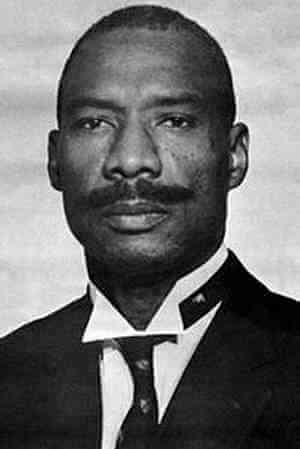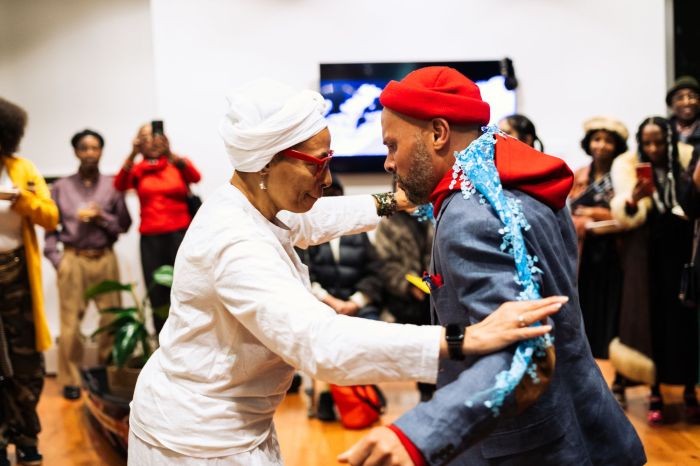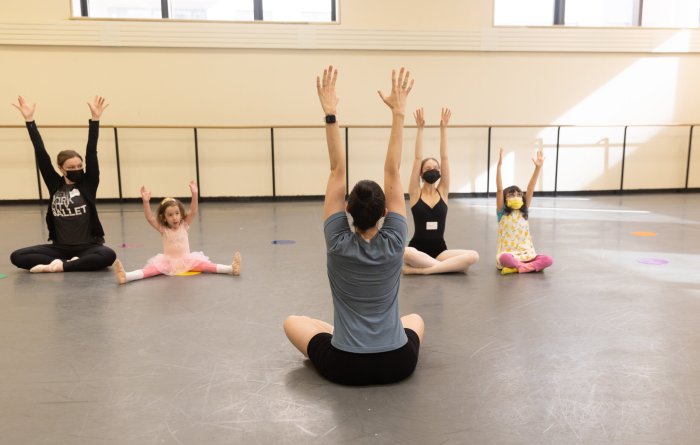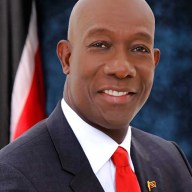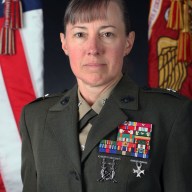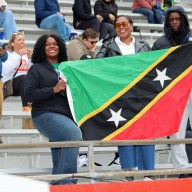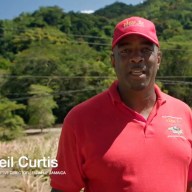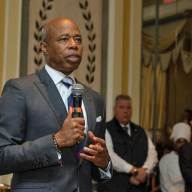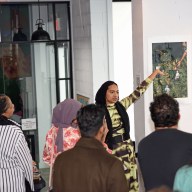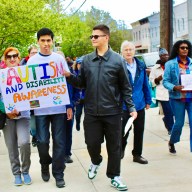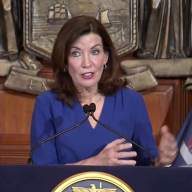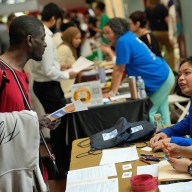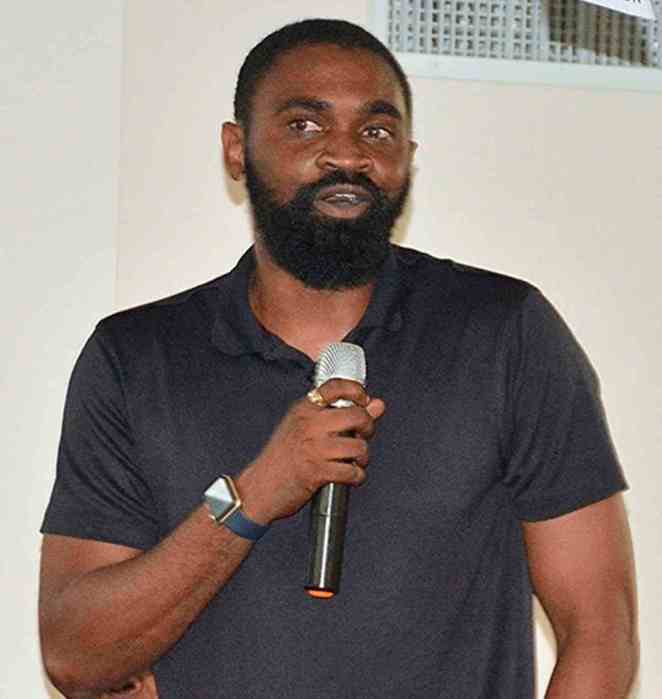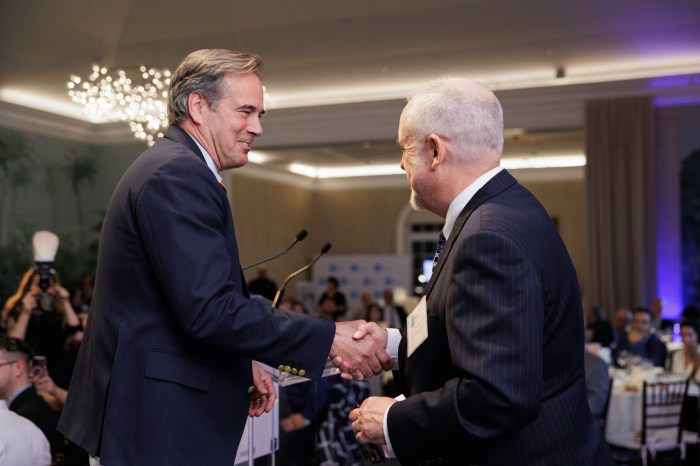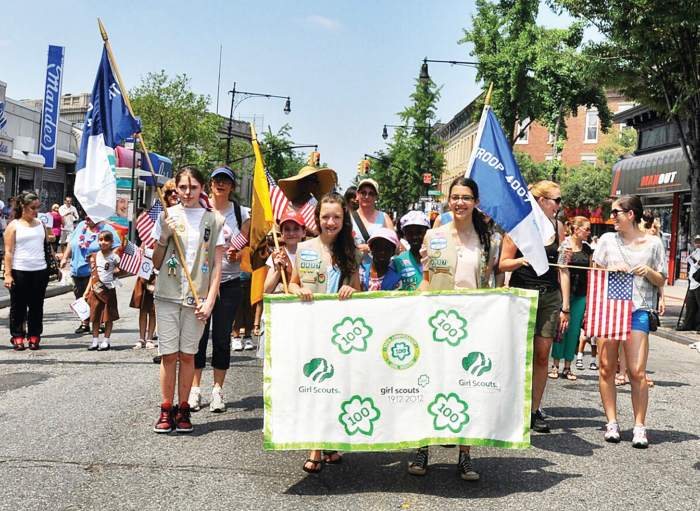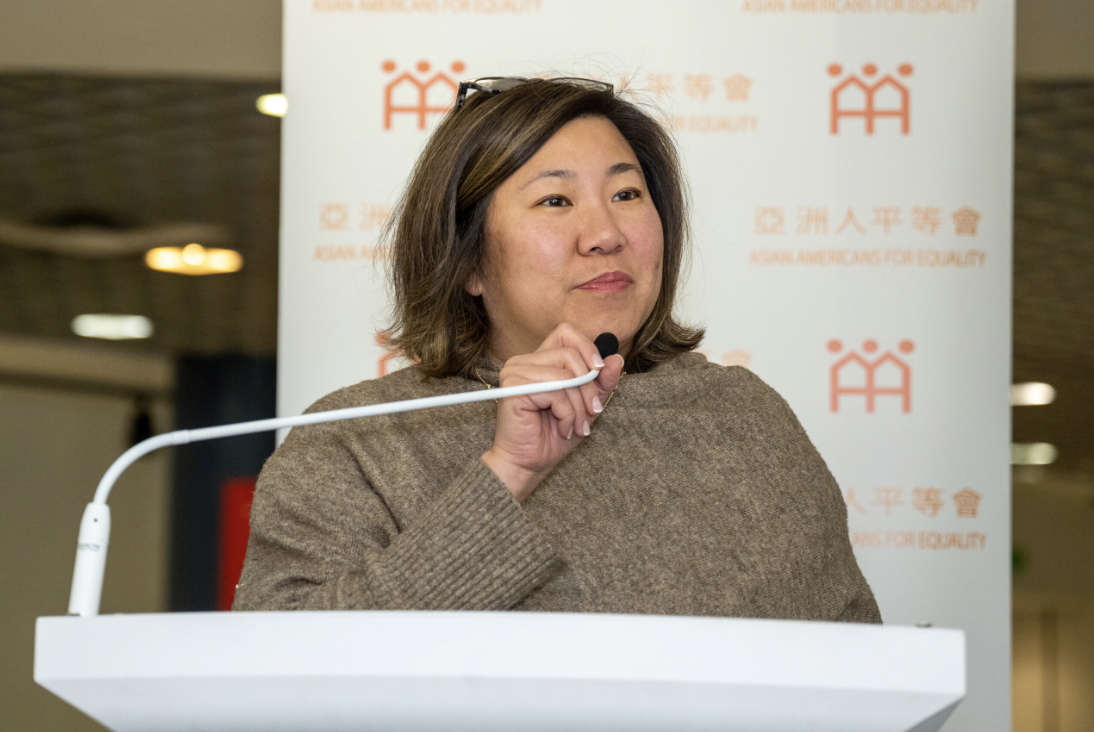Robert Llewellyn Bradshaw (Sept. 16, 1916 –May 23, 1978), St. Kitts and Nevis’ first national hero, was also the first premier of the twin-island federation, who previously served as chief minister, legislator and labor activist.
Bradshaw was born in the St. Paul Capisterre village in St. Kitts to Mary Jane Francis, a domestic servant, and William Bradshaw, a blacksmith.
According to SKNVibes, Bradshaw was raised by his grandmother after his father migrated to the United States when Bradshaw was nine months old.
The young Bradshaw attended St. Paul’s Primary School and completed seventh grade, the highest level of primary education available in St. Kitts at the time, the Virgin Island News said.
At 16, Bradshaw became a machine apprentice at the St. Kitts Sugar Factory, where he began to take interest in the labor movement.
In 1940, he left the sugar factory following a strike for higher wages and joined the St. Kitts and Nevis Trades and Labor Union as a clerk. Bradshaw succeeded Joseph Matthew Sebastian as president of the union in 1944, according to SKNVibes.
In 1963, Bradshaw married, Millicent Sahaley, a Kittitian-Lebanese. They had one daughter, Isis Carla Bradshaw, together. His first daughter, Etsu, is from an earlier relationship.
Bradshaw supported the cause of the sugar workers, and was one of the political stalwarts of the country, SKNVibes said.
Kwame Anthony Appiah and Henry Louis Gates wrote in the Encyclopedia of the African and African American Experience that, in 1945, Bradshaw became president of the recently-created St Kitts-Nevis-Anguilla Labor Party.
They said that Bradshaw entered politics in 1946 and won a seat in the Legislative Council in the elections that year, later becoming a member of the Executive Council.
In 1956, Bradshaw was Minister of Trade and Production for St. Kitts-Nevis-Anguilla.
During the short-lived West Indies Federation, from 1958 to 1962, Appiah and Gates said Bradshaw was elected to the Federal House of Representatives and held the post of minister of finance for the federation.
After the break-up of the federation, Bradshaw returned to St. Kitts from Trinidad and Tobago.
In 1966, he became chief minister, and, a year later, the first premier of St. Kitts-Nevis-Anguilla, then an associated state of the United Kingdom.
Under Bradshaw’s leadership, all sugar lands as well as the central sugar factory were bought by the government, according to Donald Westlake in “Under an English Heaven.”
But he said opposition to Bradshaw’s rule began to build.
Westlake said opposition was especially great in Nevis, where it was felt that the island was being neglected and unfairly deprived of revenue, investment and services by its larger neighbor.
Bradshaw mainly ignored Nevis’ complaints, but Nevisian disenchantment with the Labor Party proved a key factor in the party’s eventual fall from power, Westlake said.
He said opposition in Anguilla was even stronger, with the Anguillans evicting St. Kitts police from their island and holding referendums in 1967 and 1969, both times voting overwhelmingly to secede from St. Kitts-Nevis and remain a separate British territory.
In 1977, Bradshaw travelled to London for independence talks with the United Kingdom government.
“By the time independence talks commenced in earnest in 1977, the foundation of the new state had been placed on sound footings,” SKNVibes said. “But the premier was then a very sick man.
“He underwent major surgery in St. Kitts in 1976 and had to undergo another major operation in London in January 1978,” it added. “He died on the 23rd May of that year surrounded by family and friends at his home in Fortlands, Basseterre to which he had expressed a desire to return.”
Writing in The Afro Caribbean, under the caption, “A Caribbean stateman passes: Robert L. Bradshaw,” Gerry Harewood said Bradshaw died on of prostate cancer at his home in Basseterre.
Bradshaw was succeeded by his former deputy, Paul Southwell. He was buried in Springfield cemetery in Basseterre.
Commenting on his legacy, The London Times said Bradshaw “left behind him in St. Kitts a solid structure of social services and amenities considering the slight resources of his State.”
SKNVibes said Sir Fred Phillip, “who had to deal with him during the Anguilla crisis,” said: “For all his faults, he was a man of high principles and had the courage of his own convictions.”
On Sept. 16, 1998, the Labor Government of Dr. Denzil Douglas posthumously conferred on Bradshaw the title of Knight Commander of the Order of The National Hero.
On the inaugural National Heroes Day in 1998, the Golden Rock Airport in St. Kitts was renamed the Robert L. Bradshaw International Airport in his honour, SKNVibes said.
It also said that, in 2007, the Robert Llewellyn Bradshaw Memorial Park was dedicated at Bradshaw’s birthplace in St. Paul’s.
On Sept. 17 2010, the Robert Llewellyn Bradshaw building was dedicated on the Windsor University School of Medicine campus in Cayon, St. Kitts, SKNVibes said.


